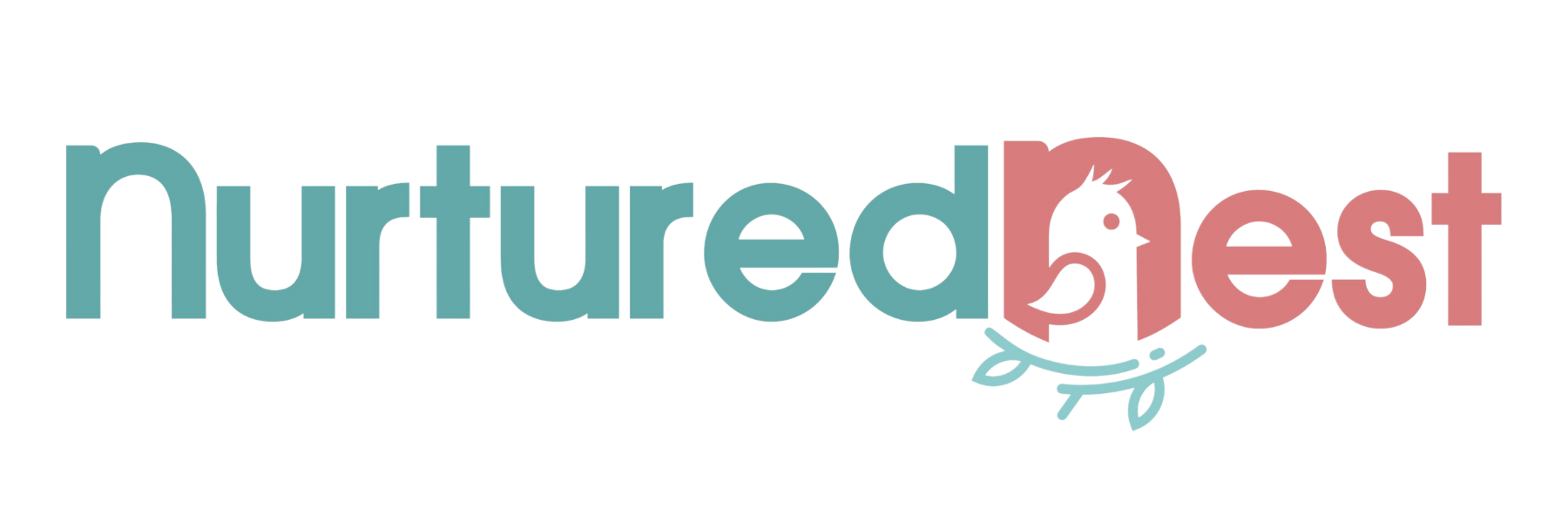
Breastfeeding- cultural understanding
Breastfeeding 101.
Breastfeeding is a natural and essential process that has been practiced by mothers around the world for centuries. It not only provides infants with vital nutrients and antibodies, but it also fosters a unique bond between mother and child. However, cultural beliefs and practices surrounding breastfeeding vary greatly, leading to diverse experiences and perspectives. In this blog post, we will explore the cultural understanding of breastfeeding and its impact on mothers and society.
Why is breastfeeding culturally significant?
Breastfeeding holds immense cultural significance in many societies. It is often seen as a symbol of motherhood, femininity, and nurturing. In some cultures, breastfeeding is considered a sacred act, representing the life-giving bond between a mother and her child. It is also viewed as a way to pass down cultural traditions and values from one generation to another.
How do cultural beliefs influence breastfeeding practices?
Cultural beliefs play a crucial role in shaping breastfeeding practices. In some cultures, breastfeeding is encouraged and supported, with extended family members and community members actively involved in providing assistance and guidance to new mothers. On the other hand, certain cultural beliefs may discourage or stigmatize breastfeeding, leading to challenges and barriers for mothers who wish to breastfeed.
What are the challenges faced by breastfeeding mothers?
Breastfeeding mothers often encounter various challenges, both cultural and practical. Cultural norms and expectations may pressure women to conform to specific standards of modesty or privacy while breastfeeding. Lack of support from family, friends, or healthcare professionals can also make it difficult for mothers to continue breastfeeding. Additionally, societal attitudes towards breastfeeding in public can create discomfort and discourage mothers from nursing their babies outside the home.
How can cultural understanding improve breastfeeding rates?
By promoting cultural understanding and acceptance of breastfeeding, we can create a supportive environment for mothers. Education and awareness campaigns that highlight the benefits of breastfeeding and debunk common myths can help dispel cultural misconceptions. Encouraging open dialogue and providing resources for breastfeeding support can empower mothers to make informed choices and overcome cultural barriers.
Conclusion
Breastfeeding is not only a biological process but also a cultural phenomenon. Understanding and respecting diverse cultural beliefs and practices surrounding breastfeeding is crucial for creating a supportive environment for mothers. By fostering cultural understanding, we can empower mothers to make informed choices and ensure that every child receives the best start in life.

